While the U.S. car market boasts a diverse array of brands, several global car manufacturers have yet to establish a presence stateside. These brands, though popular in their home countries and other regions, remain unfamiliar to American consumers. Here is a look at some of the most notable car brands that have never made the leap to the U.S. market.
Tata Motors
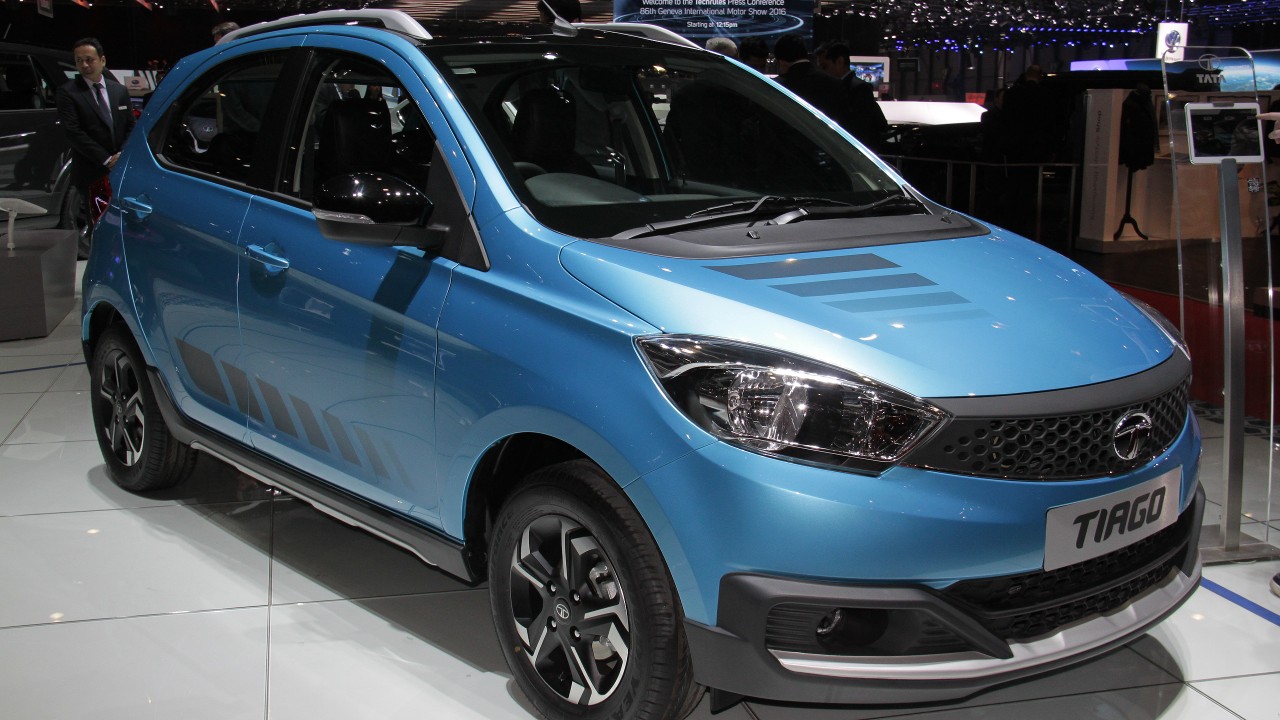
Tata Motors, based in India, is a significant player in the global automotive industry, known for its affordable and reliable vehicles. Despite its success in markets like India and the U.K., Tata has not ventured into the U.S. market. The company acquired Jaguar Land Rover in 2008, which has a strong presence in the U.S., but Tata-branded vehicles like the Tata Tiago and Tata Nexon remain absent.
Tata’s focus has largely been on offering budget-friendly and compact cars, which might not align with the typical American preference for larger vehicles and SUVs. Additionally, the regulatory requirements and competitive landscape in the U.S. present considerable barriers to entry.
SEAT
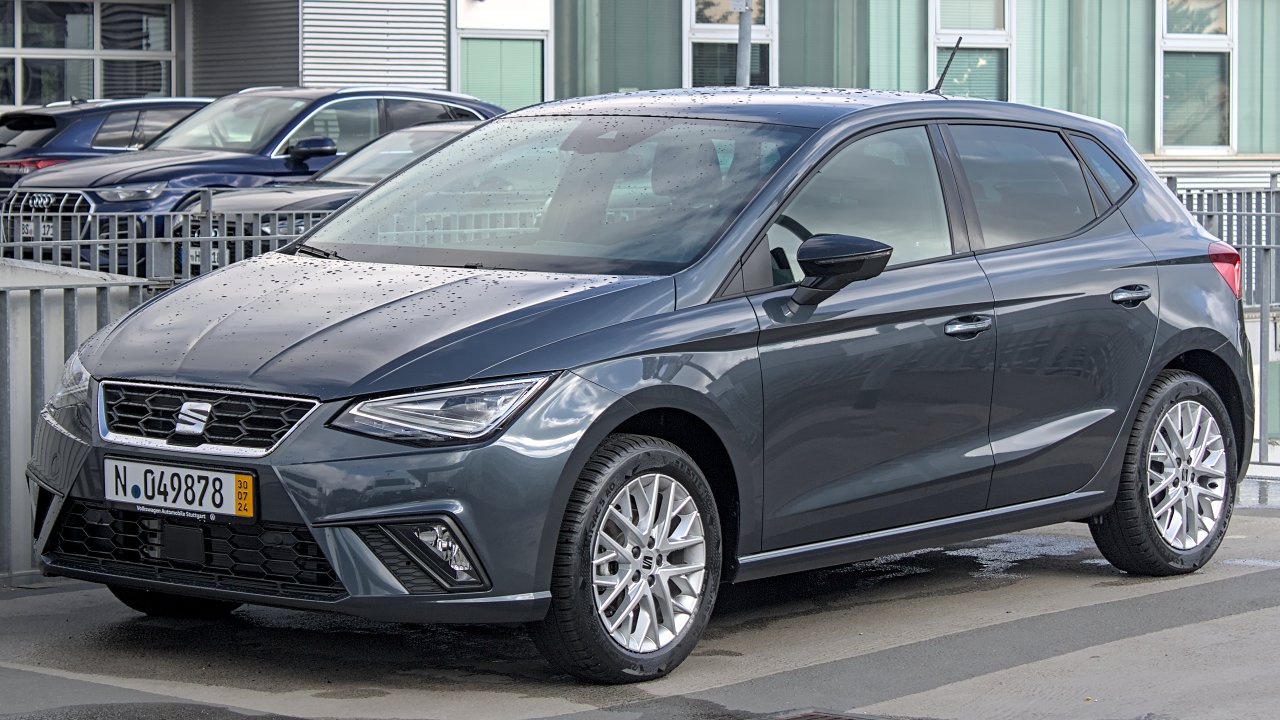
SEAT, a Spanish car manufacturer, is a subsidiary of the Volkswagen Group and is well-regarded in Europe for its stylish designs and sporty performance. Despite its popularity in Europe with models like the SEAT Ibiza and SEAT Leon, the brand has not expanded into the U.S. market.
The complexity of the U.S. market, combined with SEAT’s focus on European consumers, has kept it from crossing the Atlantic. Furthermore, the overlap with Volkswagen’s existing offerings in the U.S. may have influenced the decision to keep SEAT out of American showrooms.
Proton
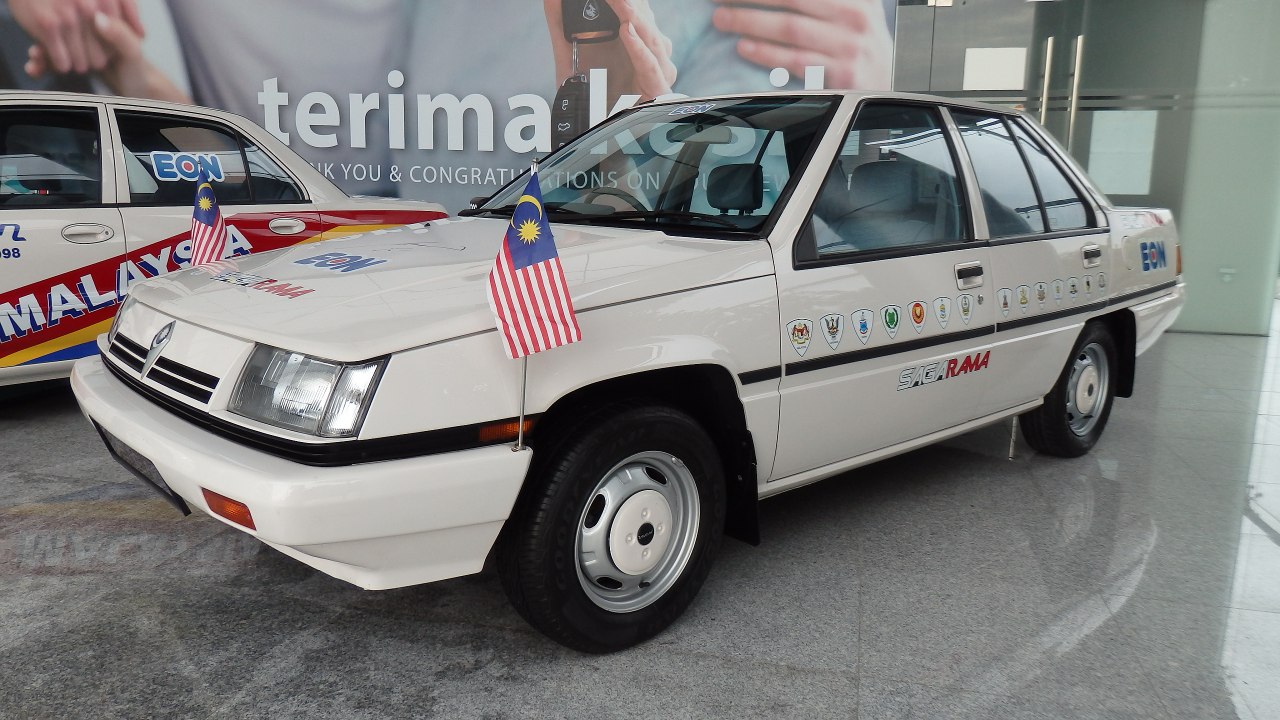
Proton is a Malaysian automotive manufacturer that has grown significantly since its founding in 1983. Known for models like the Proton Saga and Proton Exora, the brand enjoys a loyal following in Southeast Asia and the Middle East.
Despite early aspirations to enter Western markets, including the U.S., Proton has faced challenges related to brand recognition and the competitive nature of the automotive industry. Partnerships, like the one with Geely, aim to improve its global footprint, but a U.S. debut remains unlikely for now.
Lada
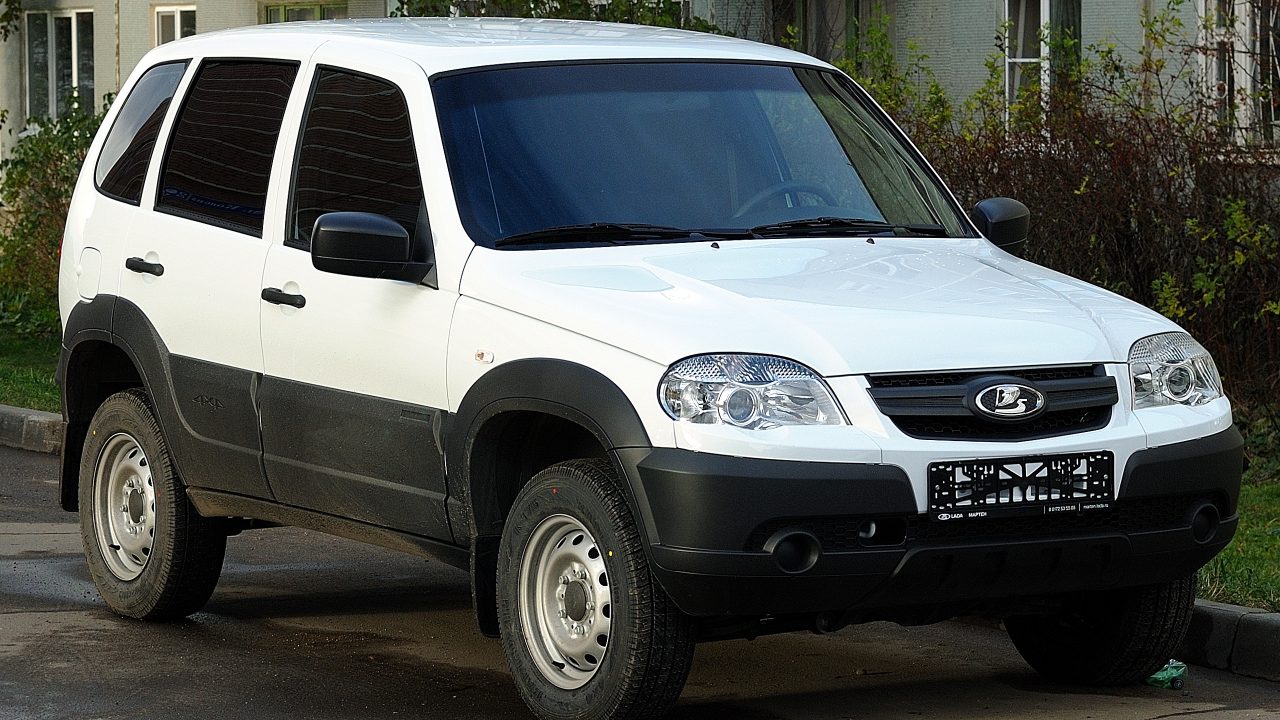
Lada, a Russian automaker, gained prominence with its rugged and utilitarian vehicles. Known for models such as the Lada Niva, the brand has a reputation for durability and simplicity, which has garnered a niche following in several countries.
While Lada vehicles were briefly exported to Canada, the brand has never officially entered the U.S. market. Economic sanctions and regulatory hurdles, along with the brand’s focus on developing markets, have contributed to its absence from American roads.
Chery
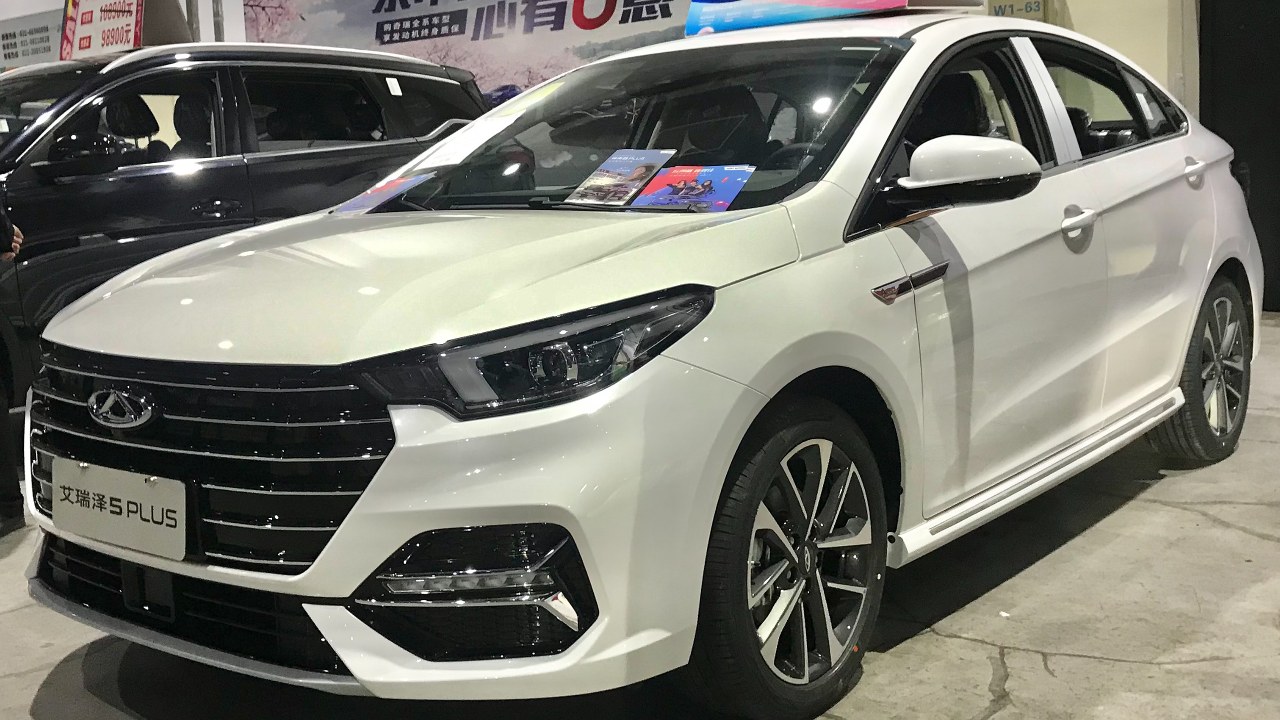
Chery Automobile Co., Ltd, a Chinese state-owned car manufacturer, has been gaining traction with its range of affordable passenger cars and SUVs. Models like the Chery Tiggo and Chery Arrizo have found success in various international markets.
Despite ambitions to enter the U.S. market, Chery has faced challenges related to quality perceptions and intellectual property issues. The brand has focused on other emerging markets and continues to expand its global footprint through joint ventures and strategic partnerships.
Geely
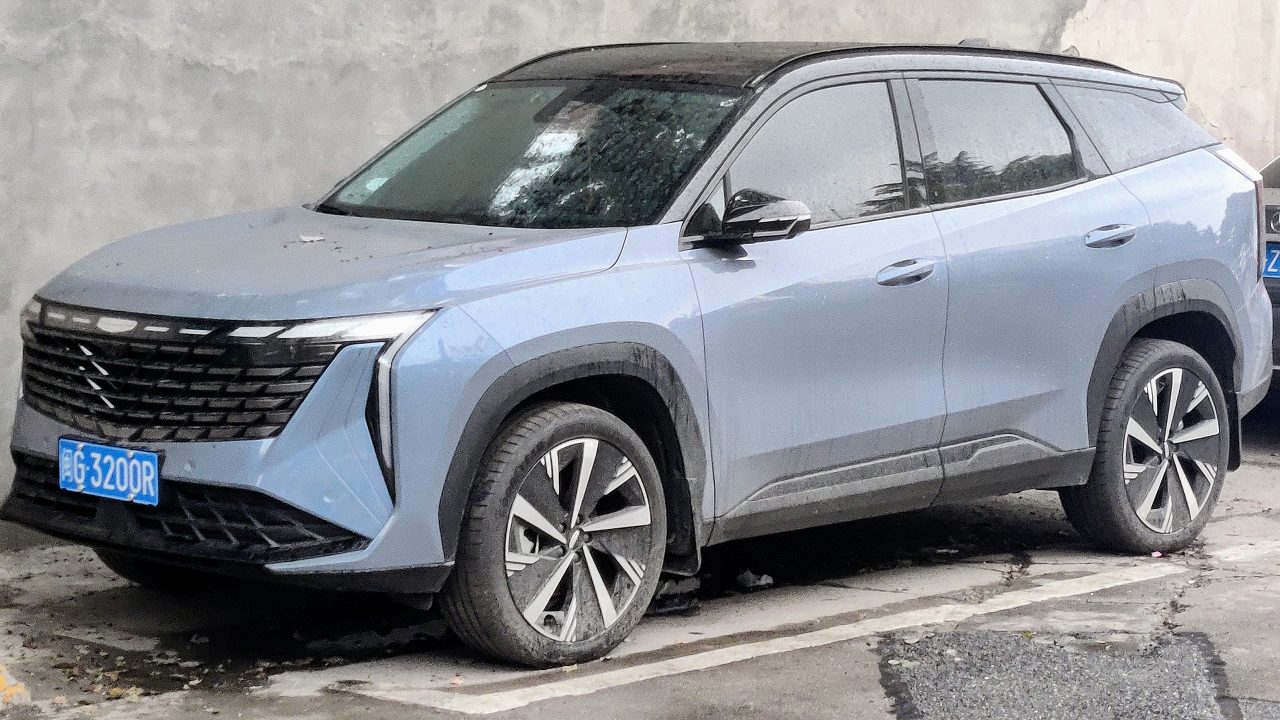
Geely, another prominent Chinese automaker, has made headlines with its acquisition of Volvo and a stake in Daimler AG. Known for innovative models like the Geely Emgrand and Geely Boyue, the company has seen considerable growth in recent years.
Geely’s strategy has focused on building a strong presence in Europe and Asia, with no immediate plans to enter the U.S. market. The brand’s focus on electric vehicles and technology partnerships may eventually pave the way for a future American debut.
Holden
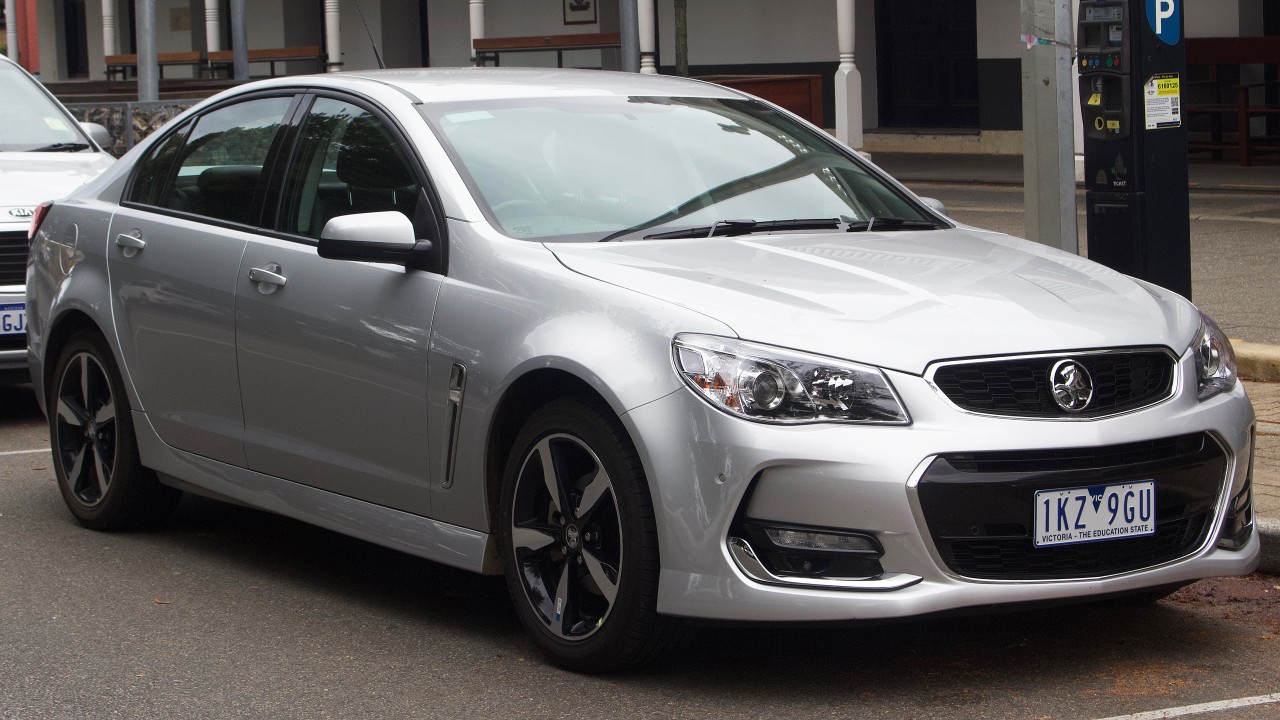
Holden was an iconic Australian car brand known for its performance vehicles and local manufacturing. The brand produced popular models like the Holden Commodore and Holden Ute, which were staples in the Australian automotive landscape.
Despite its storied history, Holden never entered the U.S. market. The brand ceased local production in 2017, and in 2020, GM announced the retirement of the Holden brand altogether. The company’s focus had always been on the Australian and New Zealand markets.
Dacia
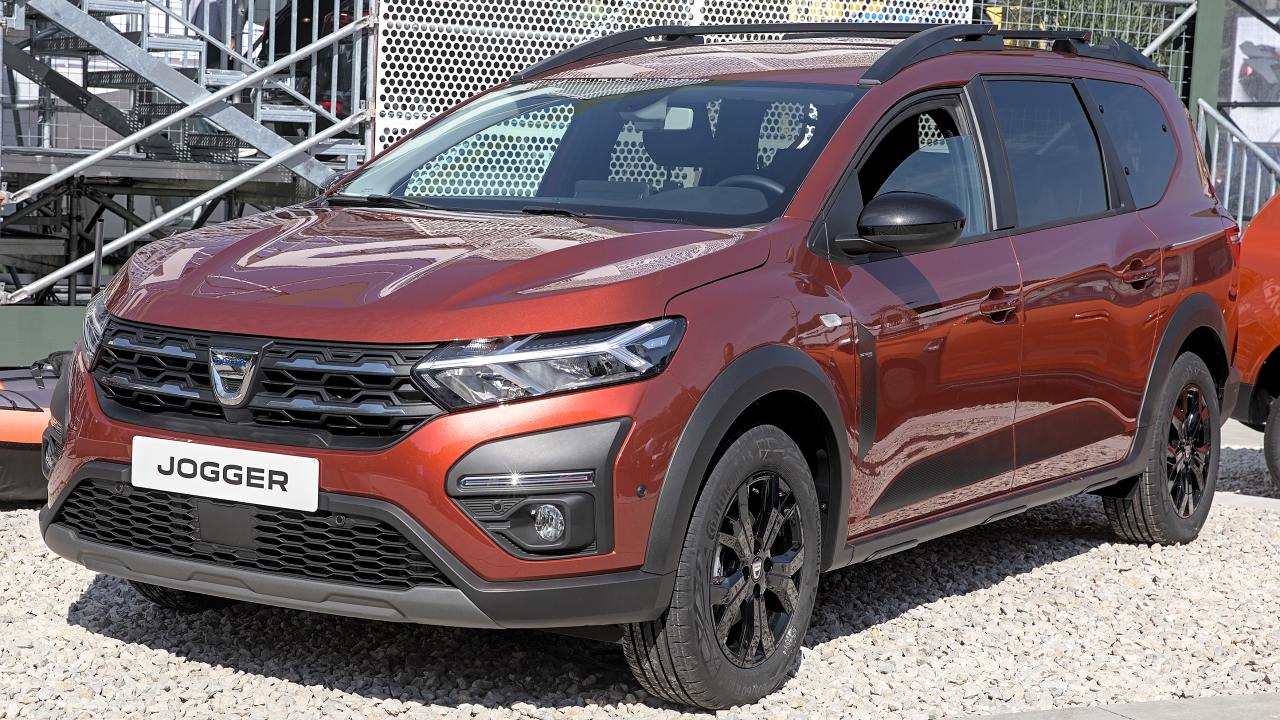
Dacia, a Romanian car manufacturer acquired by Renault, is known for producing budget-friendly vehicles with a no-frills approach. Models like the Dacia Duster and Dacia Sandero have become popular choices in Europe.
The brand’s emphasis on affordability and simplicity has kept it from entering the U.S. market, where consumers often expect more features and luxury options. Dacia’s business model focuses on value-driven markets, making it unlikely to target the competitive U.S. automotive landscape.
Mahindra

Mahindra & Mahindra, an Indian multinational, has made a name for itself in the utility vehicle segment. Known for models like the Mahindra Scorpio and Mahindra Bolero, the brand has a strong presence in India and other emerging markets.
While Mahindra has attempted to enter the U.S. market with its tractors and off-road vehicles, its passenger cars have yet to make an appearance. Legal challenges and regulatory hurdles have been significant obstacles to Mahindra’s expansion into the American market.
Perodua
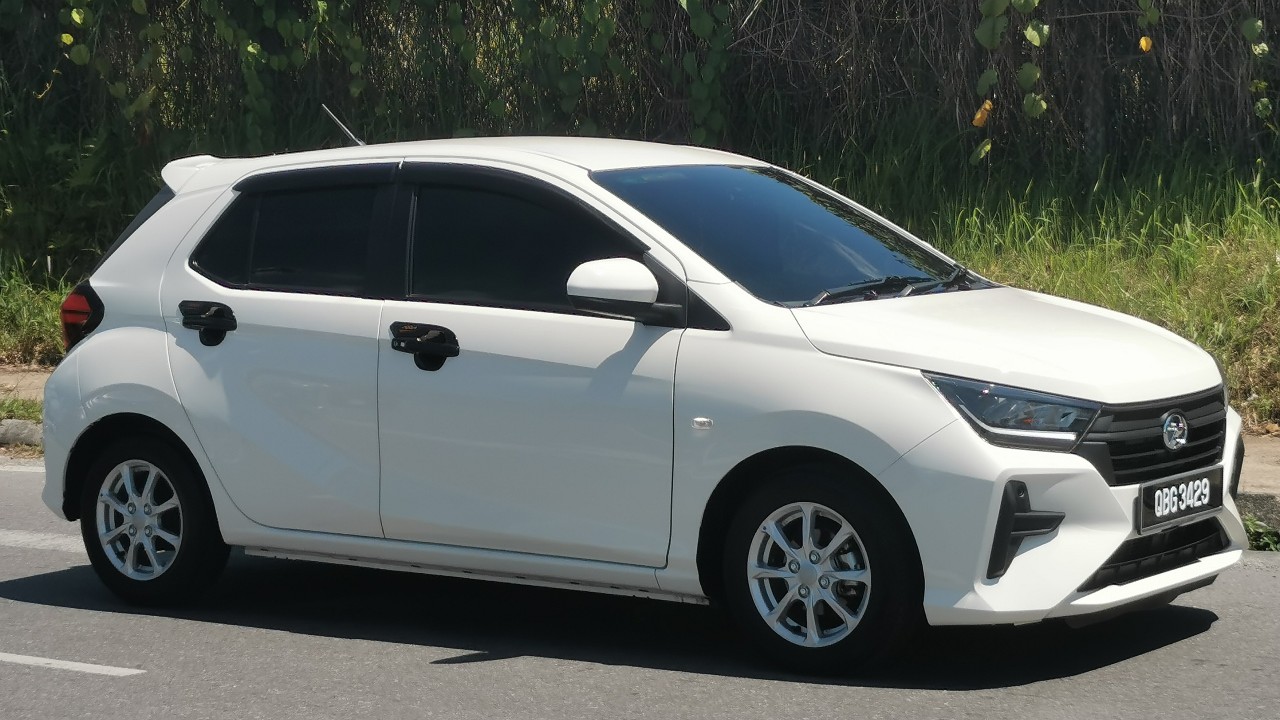
Perodua, Malaysia’s largest car manufacturer, specializes in compact and economical vehicles. The Perodua Myvi and Perodua Axia are popular models known for their affordability and fuel efficiency.
The brand’s focus on smaller vehicles, coupled with limited production capacity, has kept it from entering the U.S. market. Perodua continues to concentrate on its domestic market and neighboring Southeast Asian countries, where demand for compact cars remains strong.
Great Wall Motors
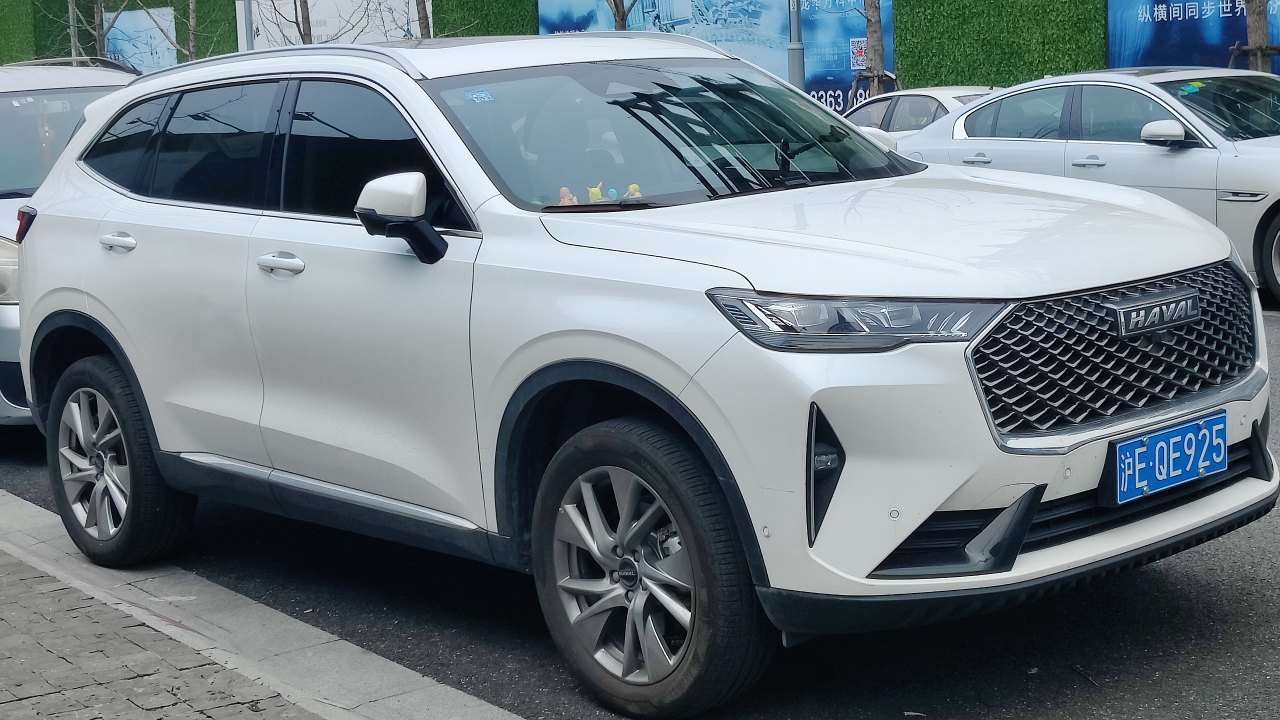
Great Wall Motors, one of China’s largest SUV manufacturers, is renowned for its robust and affordable vehicles. The Haval brand, under Great Wall, produces models like the Haval H6 and Haval H9, which are popular in China and beyond.
Despite global expansion efforts, Great Wall Motors has not ventured into the U.S. market. The brand faces challenges related to safety regulations and brand recognition, which have slowed its entry into more mature automotive markets like the U.S.
SsangYong
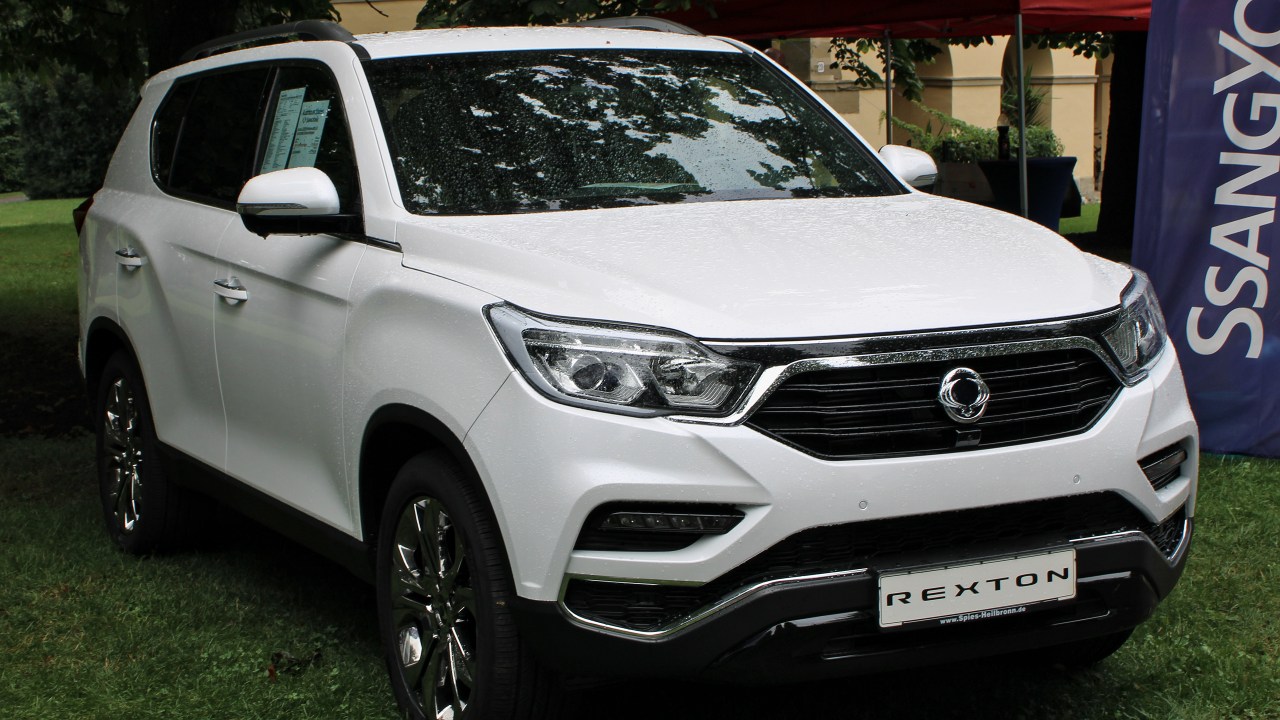
SsangYong Motor Company, a South Korean automaker, is known for its SUVs and off-road vehicles. Models like the SsangYong Rexton and SsangYong Tivoli have made an impact in European and Asian markets.
The company’s focus on specific international markets, coupled with financial struggles over the years, has delayed any potential U.S. debut. Although SsangYong has made strides in design and technology, entering the highly competitive U.S. market remains a significant challenge.
Like Fast Lane Only’s content? Be sure to follow us.
Here’s more from us:
*Created with AI assistance and editor review.

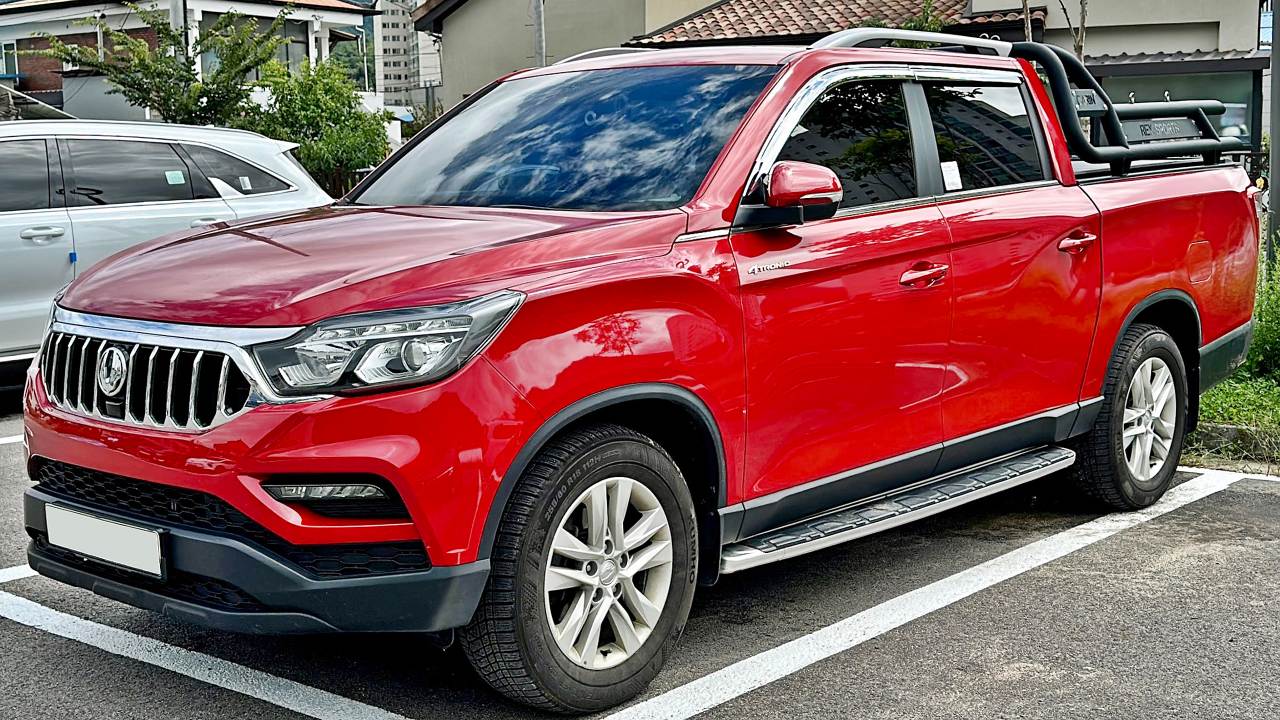

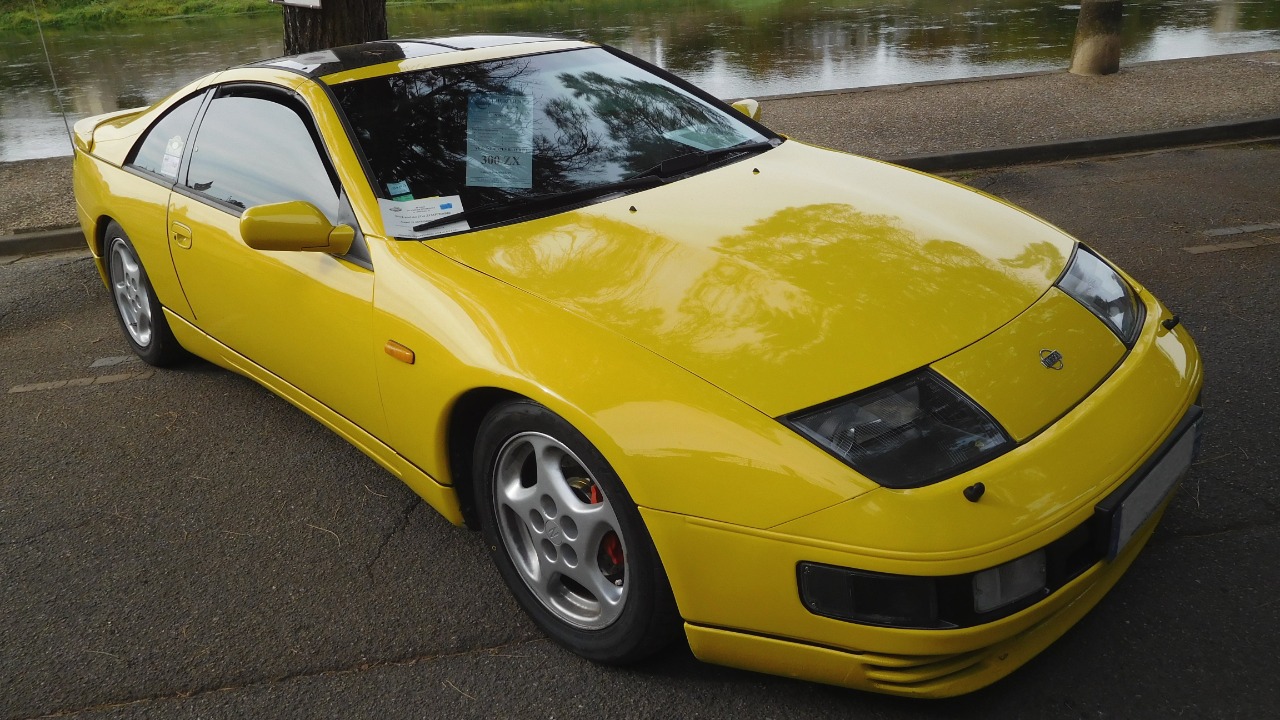
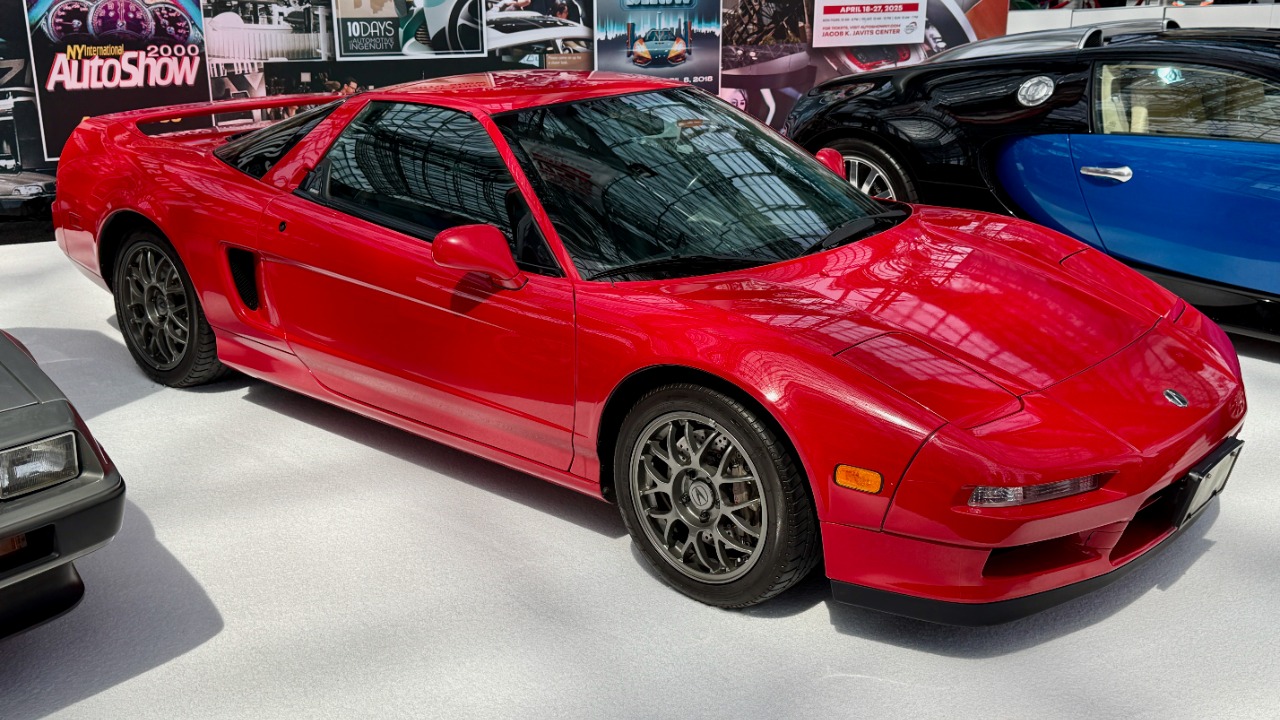
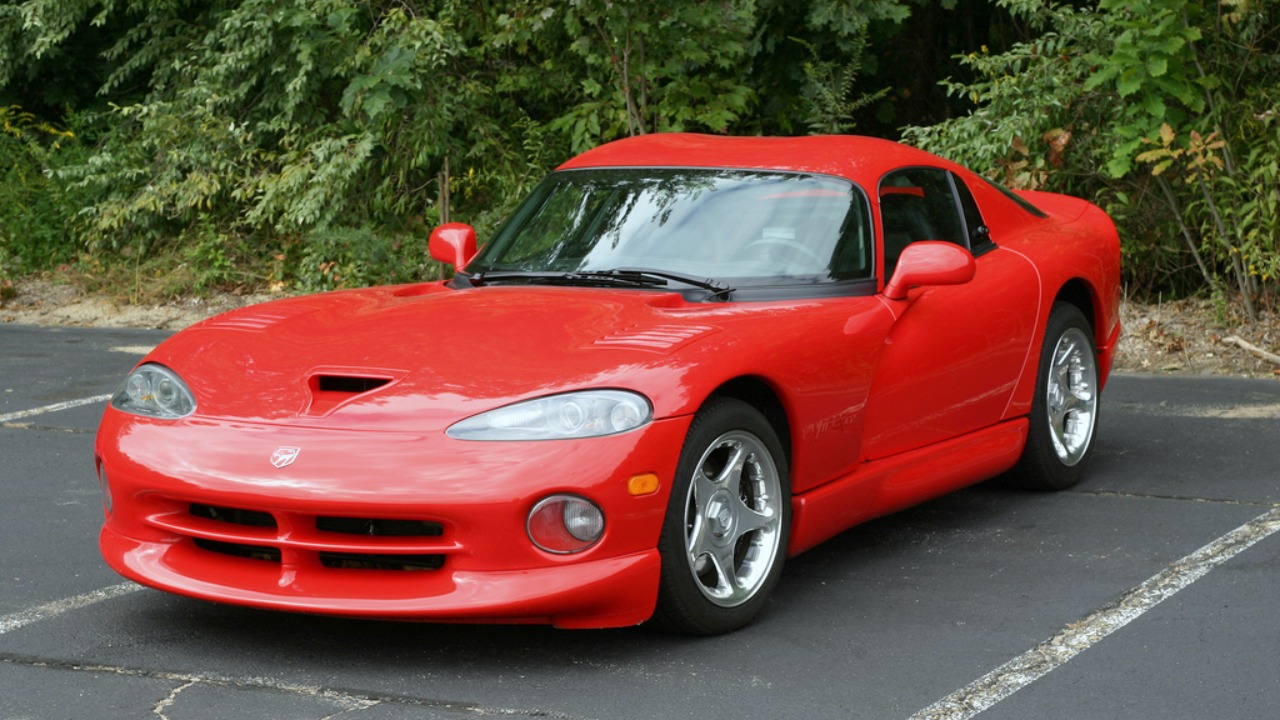

Leave a Reply